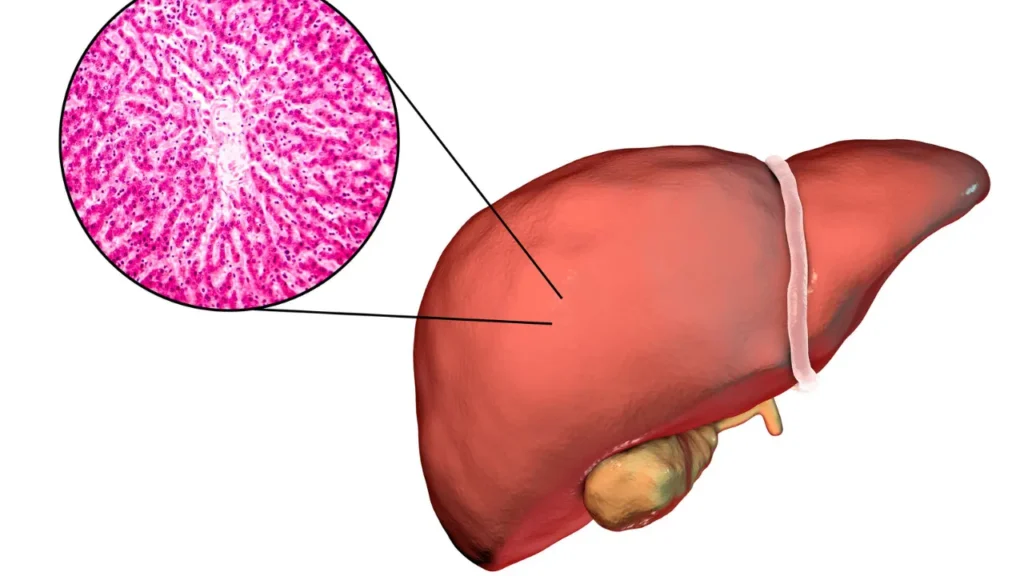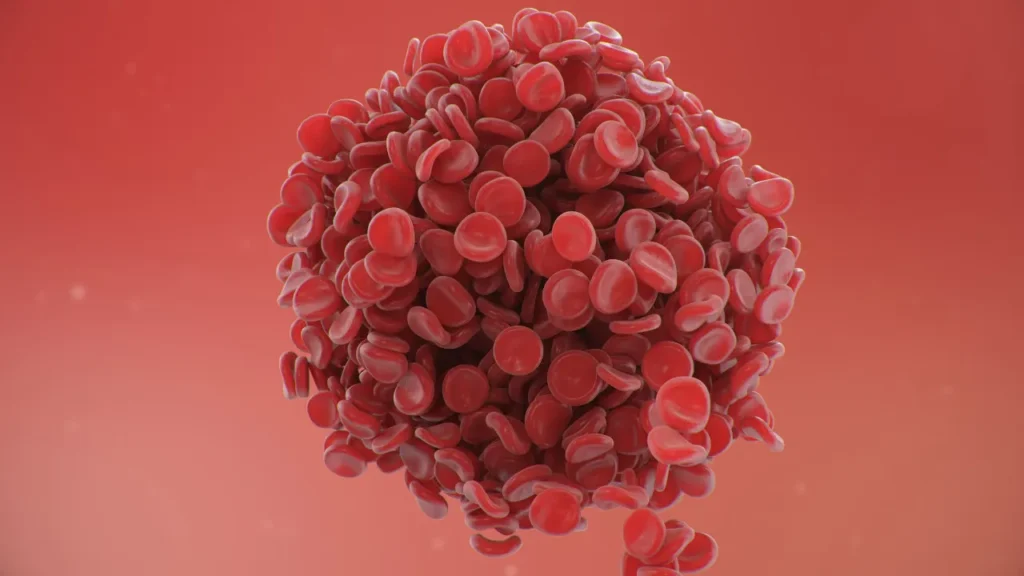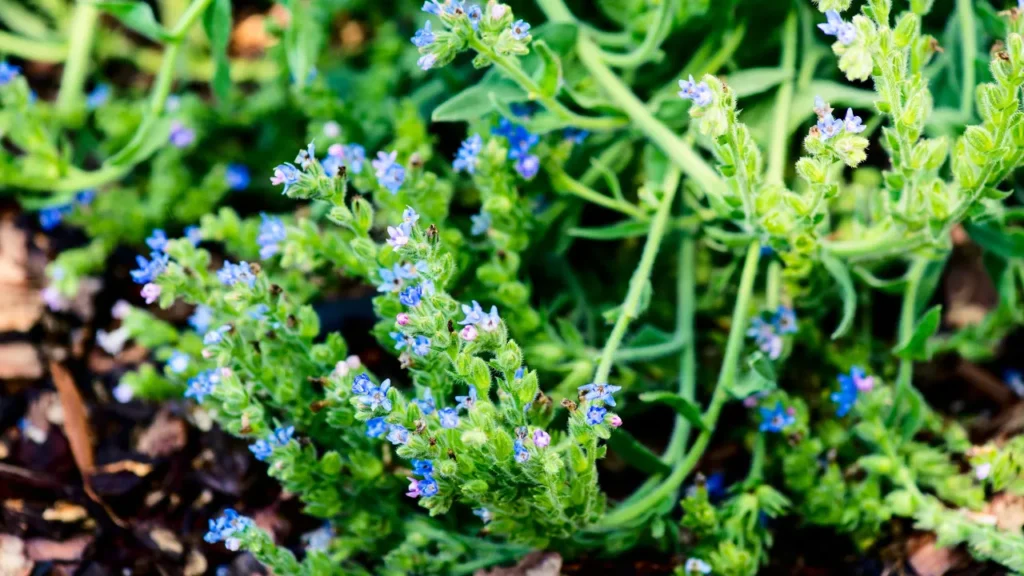The Boraginaceae family of plants includes Alkanna, well-known for its deep blue to purple flowers. The plant, which is indigenous to the Mediterranean area, has a long history of use in traditional medicine to treat various illnesses. Alkanna has grown in popularity as a dietary supplement due to its alleged health advantages. In this post, we will discuss the nature of alkanna, its health advantages, the best dosage, side effects, possible drug interactions, and appropriate usage.
You May Also Like:
ANGELICA: Benefits, Dosage, Side Effects, Drug Interactions, And Other Important Information
American Elder: Benefits, Dosage, Side Effects, Drug Interactions, And Other Important Information
Alkanna: Benefits, Dosage, Side Effects, Drug Interactions, And Other Important Information is an original (NootropicsPlanet) article.
Nature of Alkanna
A blooming plant with the common name “alkanna” (also known as “Alkanna tinctoria“) is indigenous to the Mediterranean and portions of Asia. The herb, which belongs to the family Boraginaceae, has been utilized for millennia in traditional medicine. Alkaloids, flavonoids, phenolic acids, and tannins are some of the bioactive substances the plant’s roots contain, contributing to its health advantages. There are many ways to consume alkanna, such as supplements, teas, and topical lotions. Alkanna should be used carefully and under the supervision of a healthcare provider because of its possible toxicity in excessive doses.
Health Benefits of Alkanna
Alkanna has been demonstrated to have hepatoprotective, analgesic, anti-inflammatory, and antioxidant effects. Alkaloids and flavonoids are responsible for alkanna’s analgesic and anti-inflammatory effects. In animal models, alkanna has been found to decrease the synthesis of inflammatory cytokines like interleukin-6 and tumor necrosis factor-alpha and lessen pain perception.
The presence of phenolic chemicals, which have been proven to scavenge free radicals and lessen oxidative stress, has been credited with giving alkanna its antioxidant effects. Chronic disorders like cancer, cardiovascular disease, and neurological diseases are mostly attributed to oxidative stress.
Tannins and flavonoids, which have been demonstrated to shield the liver from harm from toxins and other pollutants, have been credited with giving alkanna its hepatoprotective qualities.

Chemistry of Alkanna
Alkanna contains several bioactive substances that support its medicinal properties. Pyrrolizidine alkaloids, which can be harmful to the liver in high quantities, are abundant in the plant’s roots. Additionally, alkanna includes flavonoids with antioxidant and anti-inflammatory effects such luteolin and apigenin. Alkanna also contains phenolic acids, which support its antioxidant qualities. Examples of these acids are caffeic acid and rosmarinic acid. Alkanna also includes tannins, which have been demonstrated to have hepatoprotective qualities.
Physiological Mechanisms of Action
The health advantages of alkanna can be linked to a number of physiological modes of action. Alkanna’s capacity to prevent the generation of pro-inflammatory cytokines, including interleukin-6 and tumor necrosis factor-alpha, accounts for its anti-inflammatory and analgesic effects. These cytokines are largely responsible for inflammatory illnesses, including rheumatoid arthritis and inflammatory bowel disease.
Alkanna has antioxidant effects due to its presence of phenolic chemicals, which scavenge free radicals and lessen oxidative stress. Chronic disorders like cancer, cardiovascular disease, and neurological diseases are mostly attributed to oxidative stress.
Alkanna’s hepatoprotective qualities are due to tannins and flavonoids. These substances have been demonstrated to shield the liver from harm caused by toxins and oxidative stress. By stimulating the formation of liver cells, alkanna may also aid in liver regeneration.


Optimal Dosage of Alkanna
Different dosages of alkanna are recommended depending on how the supplement is taken. There are several ways to consume alkanna, including tinctures, teas, and capsules. Alkanna extract capsules should be taken in doses of 500 mg daily with food. Alkanna tinctures are commonly taken three times daily in amounts of 2-4 cc, diluted in water or juice. The dried root of the plant can be used to make alkanna tea, which can be consumed up to three times daily.
Notably, the ideal alkanna dosage may change according to a person’s age, weight, and general health. As a result, it is advised to talk to a doctor before taking alkanna supplements.
Side Effects of Alkanna
When taken at the authorized doses, alkanna is usually regarded as safe. Alkanna can harm the liver and produce skin rashes and digestive issues in large doses. The plant’s roots contain pyrrolizidine alkaloids, which, if ingested in excessive quantities, can be hazardous to the liver. Therefore, it is crucial to adhere to the suggested dosage and get medical advice before taking Alkanna supplements.
Potential Substance Interactions with Alkanna
Blood thinners, immunosuppressants, and hypertension medications are just a few of the medicines that alkanna may interact with. Alkanna’s potential to augment the effects of blood thinners may raise blood clotting risk. Additionally, alkanna and immunosuppressants may interact, lowering the efficiency of both. Alkanna may also interact with antihypertensive medications, further lowering blood pressure.
Before taking alkanna supplements, especially if you are taking any medications, it is imperative to speak with a medical professional.


Best Responsible Uses of Alkanna
Alkanna can be taken as a dietary supplement and offers several health advantages, but it should be used cautiously to prevent any potential side effects. Before taking alkanna supplements, people should follow the dosage guidelines and talk to a doctor.
Alkanna supplements should not be taken in place of prescription drugs or a balanced diet. Alkanna supplements ought to be used as an additional form of treatment to promote general wellness and good health.
Due to the possible toxicity of the plant’s alkaloids, people with liver illness or a history of liver issues should avoid taking supplements containing alkanna. Expectant and nursing mothers should also avoid alkanna supplements because little data exists on the plant’s safety during these period.
The quality and purity of alkanna supplements may vary, and it is crucial to remember that the FDA does not govern them. Before using alkanna supplements, people should buy them from reliable vendors and speak with a doctor.
Alkanna:
Conclusion
Alkanna shows promise as a natural remedy with potential health benefits, including anti-inflammatory, antimicrobial, skin-healing, gastrointestinal support, and antioxidant properties. While these potential benefits are promising, it’s essential to note that scientific research on alkanna is still in its early stages, and more studies are needed to validate its efficacy and safety for human use. Additionally, individual responses to alkanna may vary, and it may interact with certain medications or cause adverse effects in some individuals. As with any herbal remedy, it’s advisable to consult with a healthcare professional before incorporating alkanna into one’s health regimen, especially if you have underlying health conditions or are taking medications.


References:
- Alkanna tinctoria (L.) Tausch. (n.d.). Retrieved from https://pfaf.org/user/Plant.aspx?LatinName=Alkanna+tinctoria
- Alkanna tinctoria. (n.d.). Retrieved from https://www.drugs.com/npp/alkanna-tinctoria.html
- Alkanna. (n.d.). Retrieved from https://www.sigmaaldrich.com/catalog/product/aldrich/w303005?lang=en®ion=US
Important Note: The information contained in this article is for general informational purposes only, and should not be construed as health or medical advice, nor is it intended to diagnose, prevent, treat, or cure any disease or health condition. Before embarking on any diet, fitness regimen, or program of nutritional supplementation, it is advisable to consult your healthcare professional in order to determine its safety and probable efficacy in terms of your individual state of health.
Regarding Nutritional Supplements Or Other Non-Prescription Health Products: If any nutritional supplements or other non-prescription health products are mentioned in the foregoing article, any claims or statements made about them have not been evaluated by the U.S. Food and Drug Administration, and such nutritional supplements or other health products are not intended to diagnose, treat, cure, or prevent any disease.
